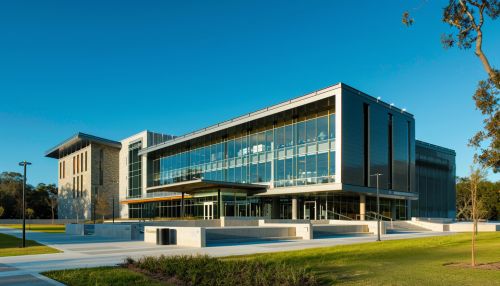John Wallis
Early Life and Education
John Wallis was born on November 23, 1616, in Ashford, Kent, England. His father, Reverend John Wallis, was a minister of the local parish. His mother, Joanna Chapman, was the daughter of a well-respected local gentleman. Wallis was the third of five children.
Wallis attended the local grammar school in Ashford where he showed an early aptitude for learning. At the age of 13, he was sent to Felsted in Essex. Here, he excelled in Latin and Greek, and showed a particular interest in logic and rhetoric.
In 1632, at the age of 16, Wallis entered Emmanuel College at the University of Cambridge. He studied a broad range of subjects, including philosophy, theology, and mathematics. Wallis graduated with a Bachelor of Arts degree in 1637 and a Master of Arts degree in 1640.


Career and Contributions to Mathematics
After completing his studies, Wallis was ordained as a priest in the Church of England. However, his interest in mathematics and science never waned. He began to correspond with other mathematicians and scientists of his time, including Thomas Hobbes and René Descartes.
In 1649, Wallis was appointed Savilian Professor of Geometry at Oxford University, a position he held for over 50 years. During this time, he made significant contributions to the fields of mathematics and science.
One of Wallis's most notable contributions was his work on the concept of infinity. He introduced the symbol ∞ for infinity and was the first to use fractional exponents. He also made significant contributions to the development of calculus, a branch of mathematics that deals with rates of change and the accumulation of quantities.
Wallis was also instrumental in the development of cryptography, the science of encoding and decoding messages. He served as a cryptographer for the Parliament during the English Civil War, and his work in this field laid the groundwork for modern cryptographic techniques.


Later Life and Legacy
Wallis continued to teach and conduct research at Oxford University until his death on October 28, 1703. His work had a profound impact on the field of mathematics and he is considered one of the most influential mathematicians of the 17th century.
Wallis's contributions to mathematics, particularly his work on infinity and calculus, continue to be studied and used today. His work in cryptography also had a lasting impact, influencing the development of modern cryptographic techniques.
In recognition of his contributions to the field, the University of Oxford named a building in the Mathematical Institute after him. The Wallis Building stands as a testament to his enduring legacy in the field of mathematics.


